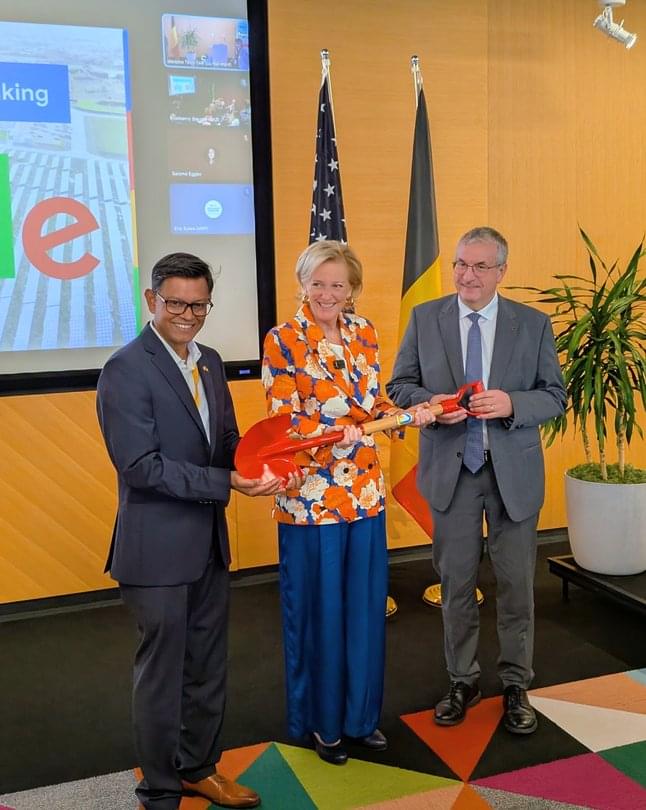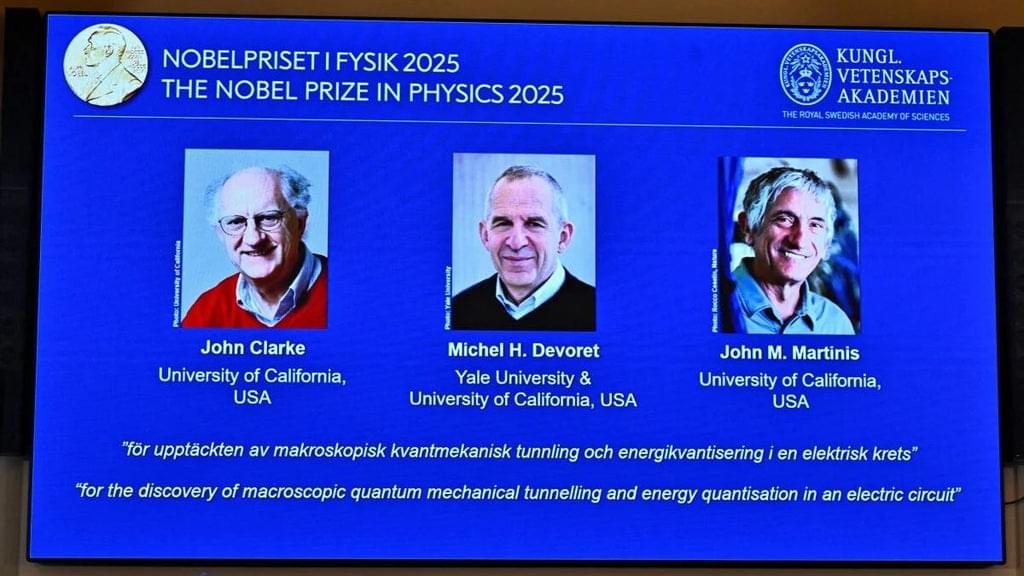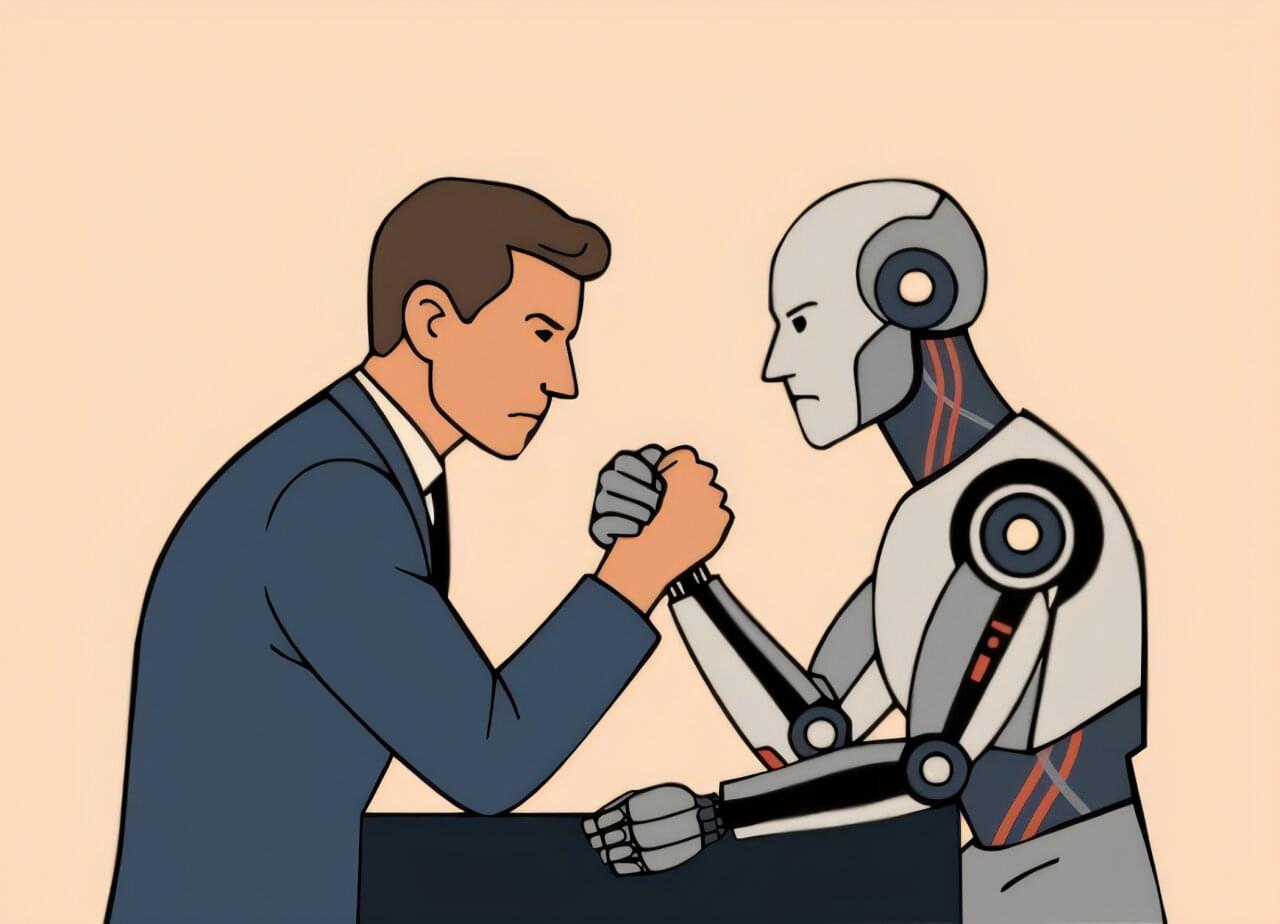Go to https://PIAVPN.com/IsaacArthur to get 83% off from our sponsor Private Internet Access with 4 months free!
A Dyson Swarm isn’t just power—it’s prosperity. See how humanity could turn a star’s energy into a solar-scale economy of trillions.
Visit our Website: http://www.isaacarthur.net.
Join Nebula: https://go.nebula.tv/isaacarthur.
Support us on Patreon: / isaacarthur.
Support us on Subscribestar: https://www.subscribestar.com/isaac-a… Group: / 1,583,992,725,237,264 Reddit:
/ isaacarthur Twitter:
/ isaac_a_arthur on Twitter and RT our future content. SFIA Discord Server:
/ discord Credits: The Dyson Economy — Mega-Structures, Mega-Markets, and Mega-Wealth Produced, Narrated & Written: Isaac Arthur Editor: Jonathan Maltz Editor: Thomas Owens Graphics: Bryan Versteeg, Jeremy Jozwik, Ken York, Sergio Botero, Udo Schroeter Select imagery/video supplied by Getty Images Music Courtesy of Stellardrone & Epidemic Sound http://epidemicsound.com/creator Chapters 0:00 Intro 0:09 The Vision of the Space Elevator 2:46 The Rope That Reaches the Sky 9:08 Manufacturing the Megastructure 12:58 Tether Design and Variants 19:57 PIA 21:52 Defects and Composites: Strength in Layers 22:48 Power and Payload 25:20 Safety, Scaling, and the Road Ahead.
Facebook Group: / 1583992725237264
Reddit: / isaacarthur.
Twitter: / isaac_a_arthur on Twitter and RT our future content.
SFIA Discord Server: / discord.
Credits:
The Dyson Economy — Mega-Structures, Mega-Markets, and Mega-Wealth.
Produced, Narrated & Written: Isaac Arthur.
Editor: Jonathan Maltz.
Editor: Thomas Owens.
Graphics: Bryan Versteeg, Jeremy Jozwik, Ken York, Sergio Botero, Udo Schroeter.
Select imagery/video supplied by Getty Images.
Music Courtesy of Stellardrone & Epidemic Sound http://epidemicsound.com/creator.
Chapters.
0:00 Intro.
0:09 The Vision of the Space Elevator.
2:46 The Rope That Reaches the Sky.
9:08 Manufacturing the Megastructure.
12:58 Tether Design and Variants.
19:57 PIA
21:52 Defects and Composites: Strength in Layers.
22:48 Power and Payload.
25:20 Safety, Scaling, and the Road Ahead.







